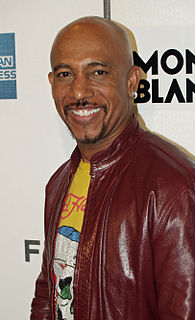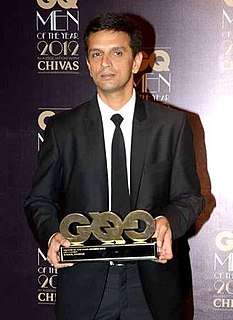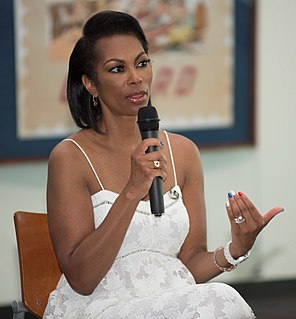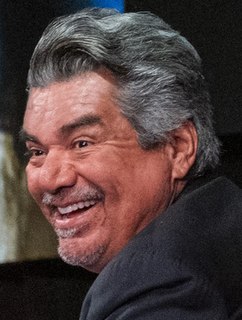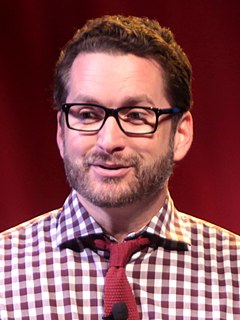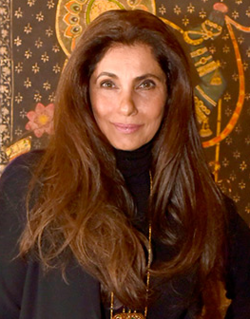A Quote by Farhan Akhtar
People want a certain amount of respect when they watch a film: it should be worth of their time.
Related Quotes
Apart from being celebrities, there's a huge amount of respect associated with being cricketers and a certain amount of reverence and honour associated with representing India. In people's eyes, apart from other celebrities in India, I think for sportsmen in India there's a certain amount of regard.
He didn't want the respect of people who weren’t worth wiping his nose on—people who weren't worth the spatout gum attached to the bottom of his worn-out shoes. The only respect he wanted was from himself and the people who really mattered in his life. The people who really loved and cared about him.
What I want to do is make things that I think people want to watch. I'm a film fan, so I think I'm in touch with other film fans and that they might want to watch stuff. The other reason I really don't care is because no matter what you do in life, no matter what you wear, or what you say, people are going to like it or they're not. And that is all. Everything, down to the socks I chose today - people are going to like them or they're not and there's nothing you can do about that.
Films are subjective - what you like, what you don't like. But the thing for me that is absolutely unifying is the idea that every time I go to the cinema and pay my money and sit down and watch a film go up on-screen, I want to feel that the people who made that film think it's the best movie in the world, that they poured everything into it and they really love it. Whether or not I agree with what they've done, I want that effort there - I want that sincerity. And when you don't feel it, that's the only time I feel like I'm wasting my time at the movies.
Television's getting better because people are investing more money and time and respect into it. But the secret weapon of television is that, because it's a slow burn, you get to meditate on things and develop them. As opposed to film, where you have an allotted amount of time and hopefully you can wrap it up in there.

